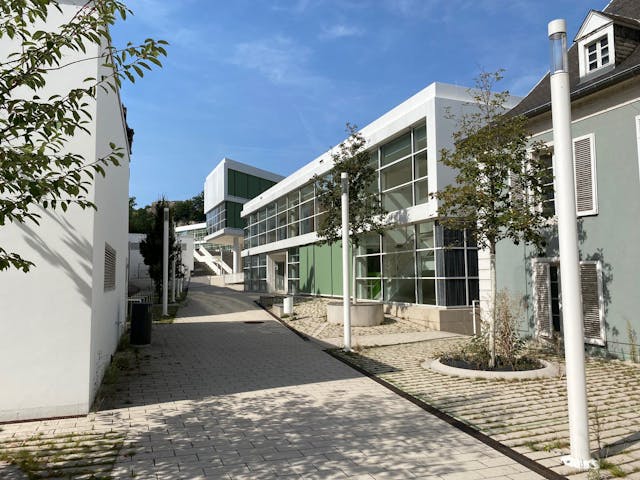Luxembourg's economy started the year with a noticeable decline

Rodion Kutsaiev, Unsplash
Against the backdrop of global instability and domestic structural challenges, Luxembourg's economy started 2025 with a noticeable decline. According to STATEC data, in the first quarter, the country's GDP in real terms fell by 1% quarter-on-quarter and by 0.4% year-on-year.
The industrial sector, including energy and water supply, made the most notable contribution to the decline in GDP, with a 12.9 per cent quarter-on-quarter collapse. This is the sharpest decline among all sectors, indicating possible structural problems in the country's manufacturing base, which has traditionally played a modest but stable role in Luxembourg's economy.
Also declining, albeit to a lesser extent, were volumes in the rental and business services sector (-0.2%) and real estate (-0.3%).
Despite the general recession, the construction sector showed a significant recovery: +6% over the quarter, which is primarily due to the intensification of investments. Government spending also grew - government consumption increased by 1.2%, demonstrating the countercyclical nature of government spending against the backdrop of the economic downturn.
In contrast, household consumer activity sagged 0.4 per cent, which can be attributed to rising inflation and consumer caution.
Against the background of unstable external demand, exports of goods and especially financial services fell by 0.4%, which, given the key role of the financial sector in the country's economy, is alarming. Imports remained almost unchanged (+0.1%), indicating stagnation of both domestic and external demand.
The financial and insurance services sector, which traditionally drives Luxembourg's economy, sagged by 3.9 per cent compared to the last quarter of 2024. This may reflect global changes in investment activity and volatility in international markets. The sector is known to be sensitive to external shocks and regulatory changes.
Although a 1% decline in GDP is not catastrophic, it is signalling a phase change in the economic cycle. After a series of positive quarters, growth is replaced by a correction, also due to cooling in key sectors. At the same time, the previous quarters have been revised: the third quarter of 2024 showed a decline (-0.1%), while the fourth quarter showed growth of +1.9%.
Such fluctuations indicate the high sensitivity of the Luxembourg economy to internal and external shocks and emphasise the importance of further economic diversification, especially in the context of the global digital and environmental transformation.





